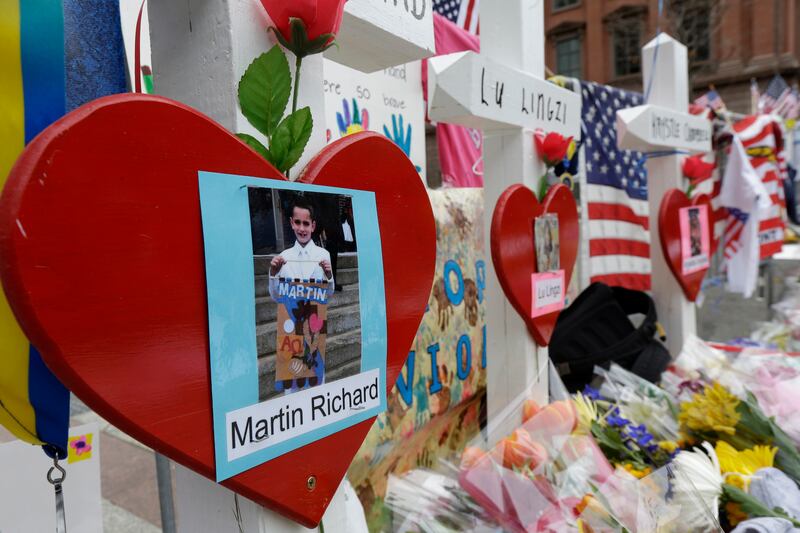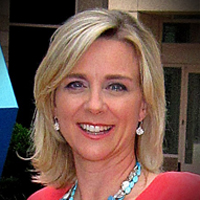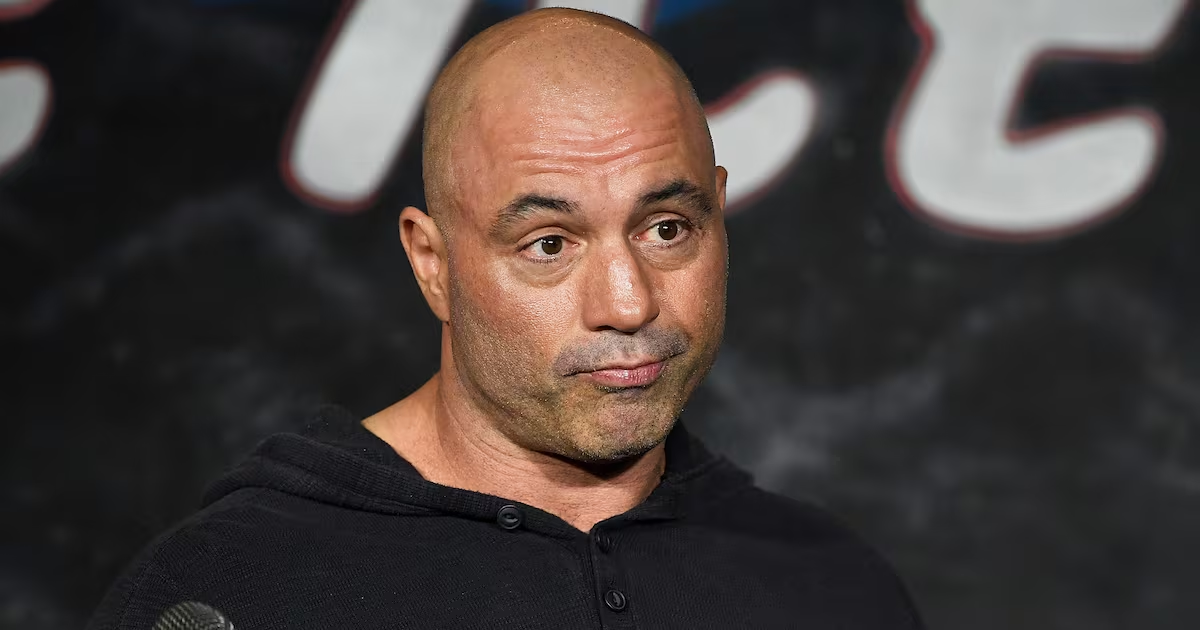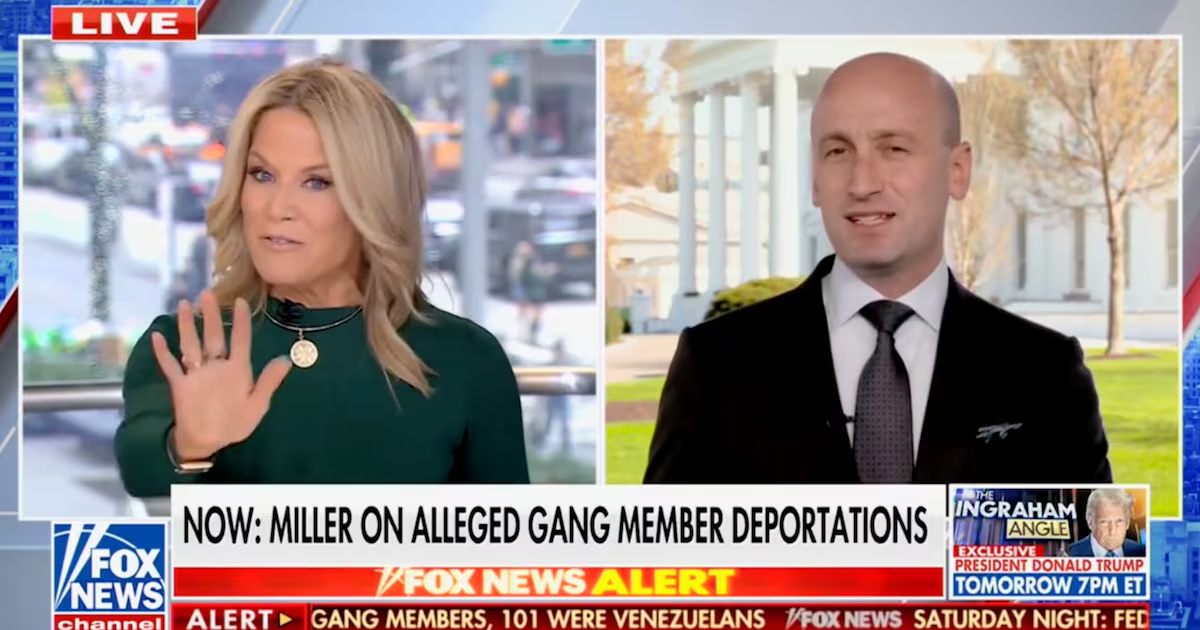It was easy amid the dramatic video of flash bangs and gunshots to forget the sweet little face of 8-year-old Martin Richard.

I'm embarrassed to say I did.
But early one morning, as the kids rolled out of bed, I felt a lump in my throat as I thought about the youngest victim of the Boston bombing whose parents can't make him breakfast. Then the tears fell.
The picture of his brown-haired, gap-toothed self holding a homemade sign saying, "No more hurting people. Peace" is no longer splashed over endless hours of television coverage. Nor is the one of him in a white suit holding a banner from his first holy communion. Faded into the background is the interview with his 9-year-old friend Colin, who told the world that if someone was left out, Martin would come and say, "Want to join my group?"
Snuffed out is the life of a boy who, 24 hours before he died, was drawing butterflies in chalk on his sidewalk.
The very definition of news means he's pushed off the front pages to make room for the next tragedy. The world moves on. The boy is buried. And now we are eager to understand the methods and motives of the evil people who killed him.
But how—in such a fast-paced media world—can we remember not to forget the innocent lamb slaughtered for reasons unfathomable?
We've already endured endless interviews with 19-year-old Dzhokhar Tsarnaev's friends. “Giovanni” said he was “friendly.” His wrestling buddies tried to clear his name: “We saw posts on Facebook that he’s a bad guy. That’s not the real story. We don’t want people thinking that he’s a bad guy.” His wrestling coach proudly boasted how Dzhokhar made the All-Stars and won a $2,500 city of Cambridge scholarship. His father insisted: “My son is a true angel, an intelligent boy.” His mother claimed that Tamerlan, the older brother killed in a shootout, “was under the control of the FBI.”
Only his uncle disowned the boys, saying out loud what most of the world was thinking: “Losers.”
Pundits will spend weeks psychoanalyzing their every post and tweet, trying to pinpoint exactly when these “awesome” boys turned to the dark side and why. We will learn more about Chechnya than we thought possible. We will most likely know more about these boys than we do our own relatives.
And we will remain “shocked,” like so many of his neighbors, thatthese seemingly normal high school and college students could create such horror. We’ll listen to and read about the intimate details of the lost lives of the Tsarnaevs and the speculation over whether the “troubled” 19-year-old fell under the sway of his 26-year-old wayward brother.
And the youngest victim? He was last week’s story. Like the Newtown children, he’ll recede into the past—a vague memory for those who only knew him as a face on a screen.
My heart breaks for Martin's parents as they begin the long road through all stages of grief only to finally come to terms with what they instantly knew the day he died: he’s not coming back.
That morning, as my son asked me why I was so gloomy, I hugged and kissed him, holding him a few extra beats. I’ve always said that if any of my children died, I don’t know how I could live.
But I do know, if it was my son killed so innocently, that there would be some solace in the fact that he was not forgotten for the wonderful child he was. That his goodness outweighed all of the evil that has been done.





